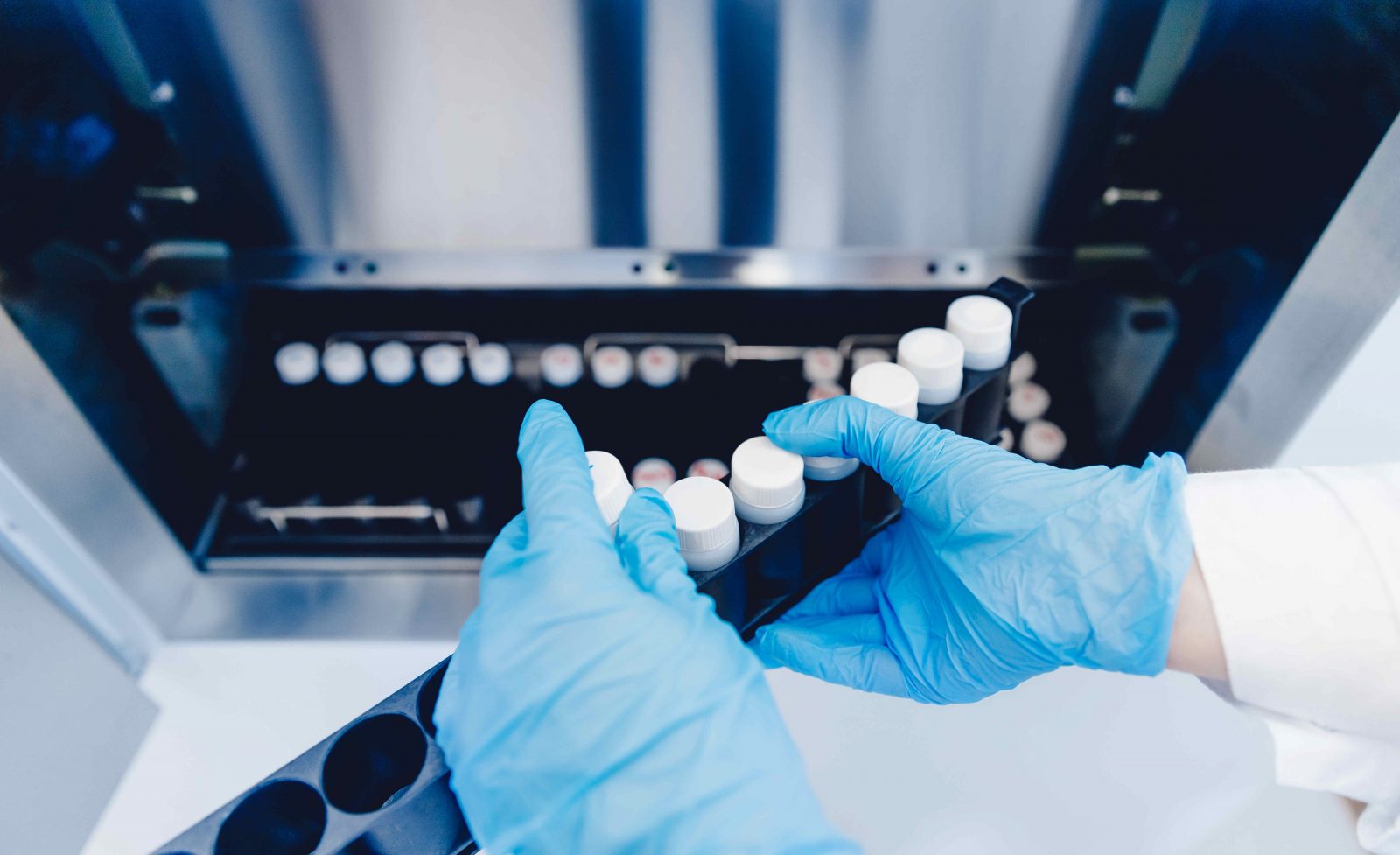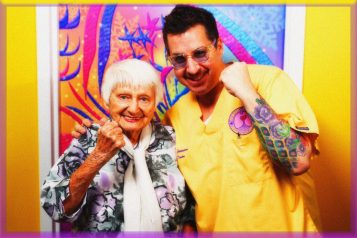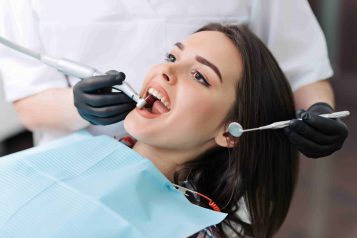Over the years, Dr. Brian Levine has been cited as one of the nation’s leading fertility experts in The New Yorker, New York Post, NBC, CNN, Avenue Magazine among others, offering valuable insight on everything from fertility misconceptions, egg-freezing 101, to how men can boost their fertility. Dr. Levine attended New York University School of Medicine, served as the President of the NYU Alumni Association, and was the only physician on NYU’s Board of Trustees during his 7-year tenure. Recently he was awarded the Meritorious Service Award, the highest award bestowed upon an alumnus for their extraordinary service and continuing devotion to NYU and who embodies the University motto: To Persevere and to Excel.
 Photo Credit: Shutterstock
Photo Credit: Shutterstock
One of the most memorable times in a woman’s life is when her newborn baby enters the world. When it comes time to conceive, women, nearly 1 in 8 couples have trouble getting pregnant or staying pregnant. This can be due to a myriad of reasons, but one of the most common is advanced maternal age, which leads to genetic concerns that can increase the risk of miscarriage or birth defects. In thanks to egg donation, these risks can be subsided as donor eggs are often healthier and allow a woman to expand her reproductive potential.
To make a family’s dream come true, of being a mother, daughter, sister or brother – we at CCRM Fertility offer our patients the option of using egg donation. Haute Beauty sat down with Haute MD expert Dr. Brian Levine of CCRM Fertility to discuss this invaluable gift of life and review the process it entails.
Haute Beauty: What is the egg donation process?
Dr. Brian Levine: What is important to know is that there are two ways to donate your eggs.
- You can gift them to a family member or friend. This is a known donation.
- This is more common. Very few people have a friend, sister or cousin who can directly donate to them.
For every 100 women that try to donate their eggs only somewhere between 1-2 women in the end are viable donation candidates. A lot of people are excluded from the process because they do not meet all requirements. To become an egg donor, you must:
- Be 19 to 33 years old
- Be a non-smoker,
- Not take recreational drugs,
- Have a body mass index (BMI) between 19 to 29.9,
- Have no body piercings or tattoos within the past 12 months,
- Negative for all infectious diseases (HIV, AIDS, etc.).
- Be FDA eligible (they set criteria for donating eggs)
- Know their health history and their family’s health history.
Once you are confirmed to be an eligible egg donor, the process begins. Typically, from the moment you submit an application to the actual procedure, it takes around two months.
HB: Explain the procedure.
BL: For two weeks you take hormone shots. During that time period, you will come into the clinic around 5-6 times. This is when you will be evaluated with blood work and ultrasounds.
When cleared, you will have the procedure to remove the eggs. It is a 5-10 minute procedure done under local anesthesia. While you are asleep, we remove 18-24 eggs through a simple ultrasound-guided procedure.
HB: What are the benefits for the donor?
BL: The process of donating your eggs is one where women typically get compensated for their time and effort expended to go through the process. The most beautiful part of egg donation is you are gifting someone life. You are giving someone the potential to have a family when they thought they were at the end of their reproductive journey.
HB: At what age can the intended parent receive eggs?
BL: You can be up to the age of 54.
 Photo Credit: Shutterstock
Photo Credit: Shutterstock
HB: What is the intended parent process?
BL: It depends. Once the eggs are retrieved, they can either be freshly fertilized with the partner’s husband or donor sperm. The eggs are then in the name of the intended parent.
Another option is freezing the eggs to then be placed in a donor egg bank. This is where all the rage is construing from right now. Being able to freeze eggs has allowed more women to become egg donors. Essentially, you do not have to wait for an intended parent to want your eggs. You can donate at any time and the intended parent can buy those eggs at any moment.
Typically, when the intended parent buys eggs they buy them in a group. Anywhere from 8-12 eggs from the same donor.
HB: What happens when an intended parent wants to buy eggs?
BL: As always, the privacy of the donor is always maintained. Sometimes, people are able to find out who the donor is but we remind them that the person chose to do this anonymously.
At CCRM Fertility, we work with the agency in a way where when they find a potential donor, we send them a parent or couple. Then the intended parents will reach out to the agency and they will try and find an egg that matches their qualities.
HB: Is there anything else you’d like to cover?
I want people to know that egg donation has become an important part of our practice. It allows us to expand women’s reproductive potential. Whether you are struggling to get pregnant or stay pregnant, egg donation is a way to help families start and grow.
We also have had patients who are in their 30s and use a donor because the quality of the egg was poor thus proving that you don’t have to be older or have egg problems to use a donor. Together, egg donation is an essential tool that we can offer patients to help them achieve their goals.
For more information, visit Dr. Brian A. Levine's social media:

























